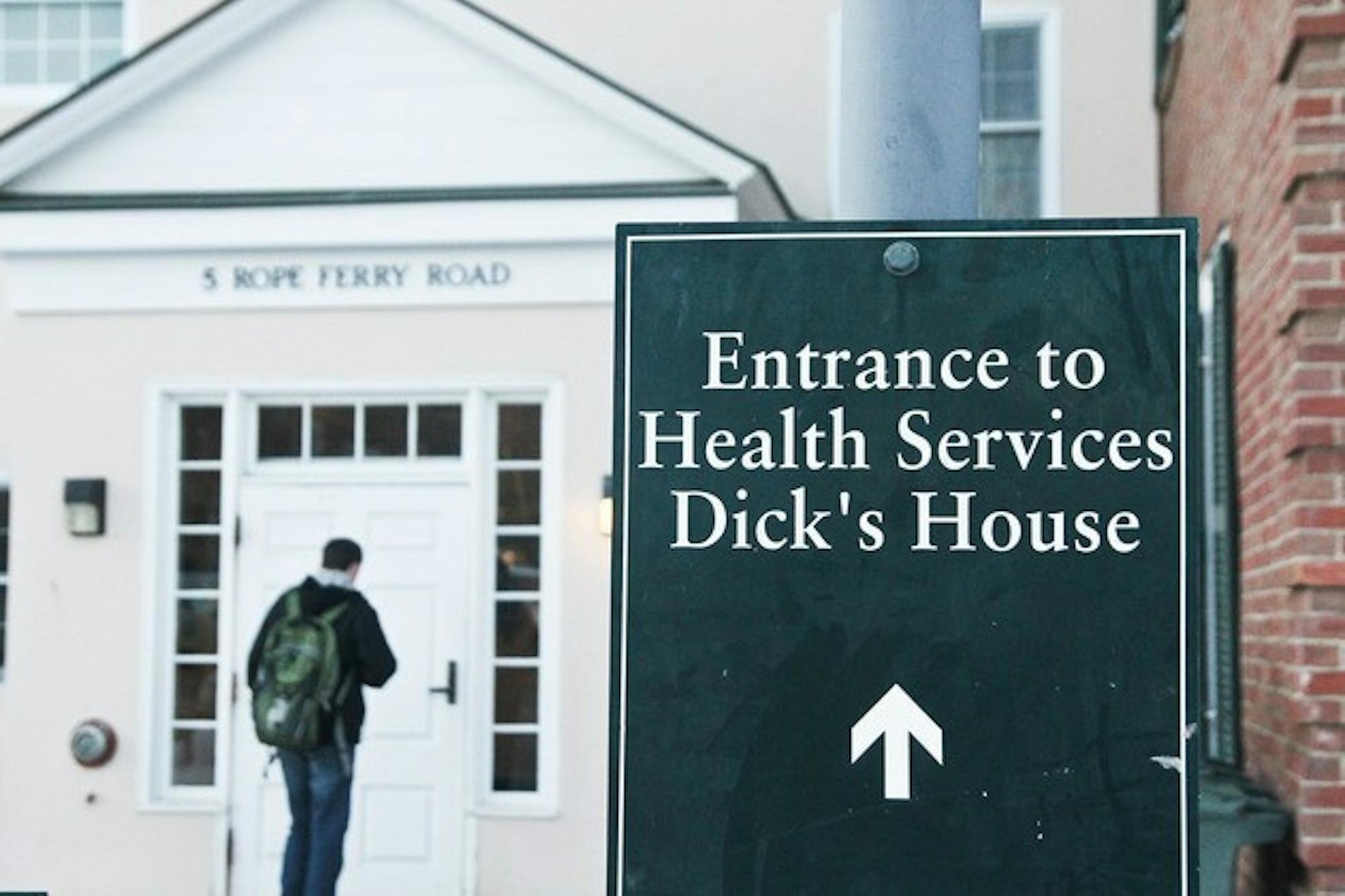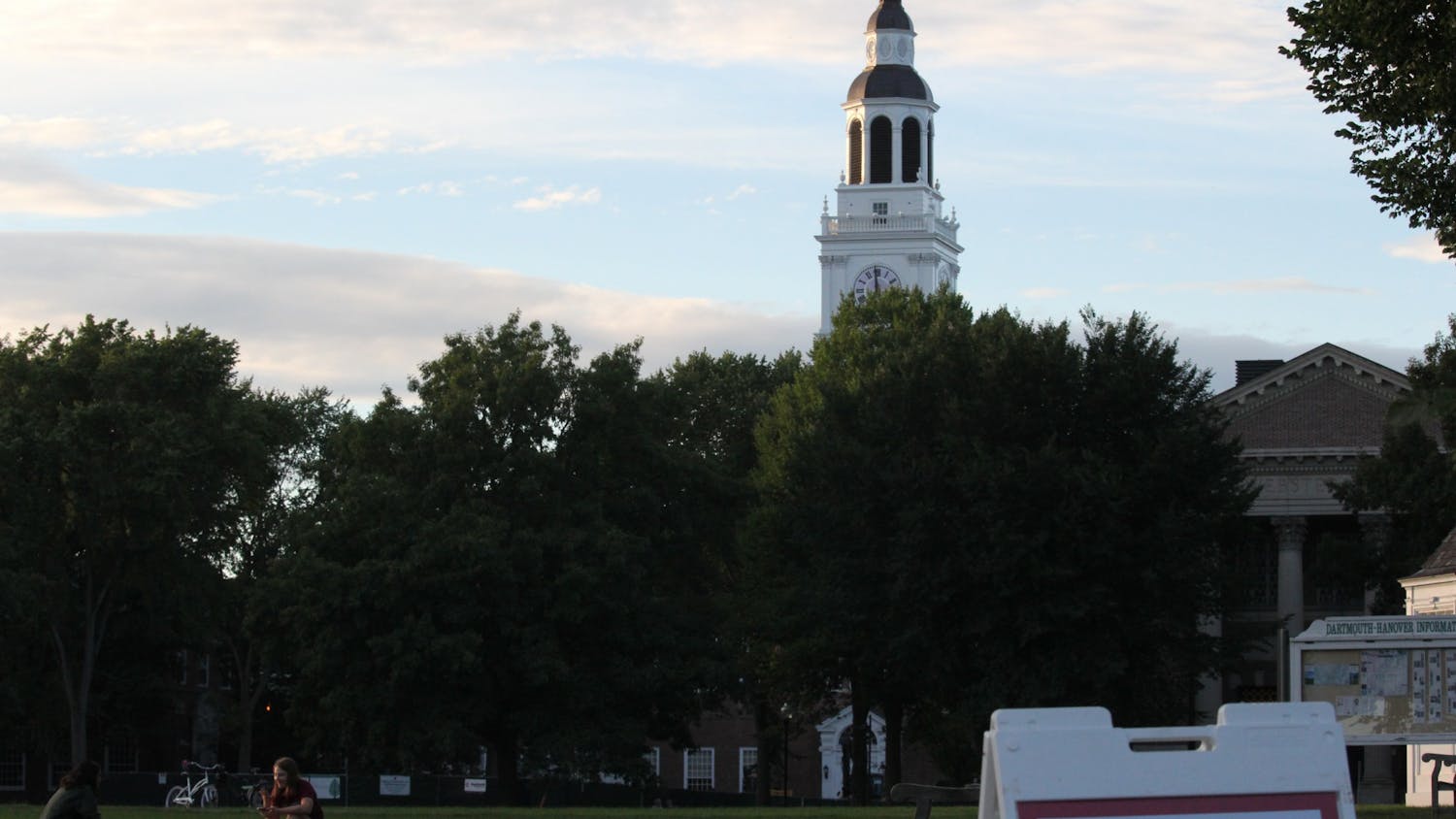As winter approaches, public health officials have expressed concerns about the potential for a hard-hitting flu season coupled with the COVID-19 pandemic. According to Daniela Augusti, associate director of nursing at Dick’s House, the College has administered 2,715 flu shots so far this term with the campus at partial capacity, compared to 3,022 total last year.
Augusti was relatively optimistic about delivering a high number of flu vaccines this year, noting that she feels the number of vaccines administered so far has been “pretty good.” She added that she attributes the high rate of vaccination to more than just convenience, as people appear to be “more conscientious” due to the pandemic.
While the Centers for Disease Control and Prevention recommend getting a flu shot every year, the confluence of COVID-19 and the flu make getting the flu vaccine “more important than ever,” according to the CDC. Augusti noted that colleges are considered high-risk environments for the flu due to the number of students living in close proximity and sharing common spaces.
In previous years, the College ran a flu clinic out of Dick’s House, and students would have to actively plan to get vaccinated. This year, the College has paired flu shots and COVID-19 testing. After the success of pairing an optional flu shot with COVID-19 arrival testing, Dick’s House decided to continue using the testing site as a vaccine location. Flu vaccines are free and available on Thursdays each week for all students and employees of the College.
Students who are already at the COVID-19 testing center for their required weekly COVID-19 test are asked if they would like to get a flu shot. They are then directed to a clinician.
Getting a flu shot at Dartmouth is “convenient,” Sabin Hart ’24 said.
Leah Zamansky ’24 said her experience going to a pharmacy to get a flu shot was more complicated.
“They started having me fill out insurance type forms, and [the pharmacist] was looking at my insurance, and she stopped me after I had started filling out the forms, and she said, ‘Actually, we can’t give you one because your insurance won’t allow it,” Zamansky said.
The most basic and effective step people can take to prevent illness this winter is getting a flu shot, said Elliott Fisher, a professor of medicine and health policy at the Dartmouth Institute for Health Policy and Clinical Practice and researcher in health system performance.
“Getting a flu shot is an easy thing for each of us to do to help protect our community from the serious consequences that happen with flu in a known proportion of the population,” Fisher said.
Augusti is hopeful that the Dartmouth community will emulate the Southern Hemisphere, which has already experienced the winter flu season. According to the CDC’s Morbidity and Mortality Weekly Report, influenza cases in this year’s Southern Hemisphere winter impacted just 0.06% of the sampled population, compared to around 13% in 2017 through 2019. Augusti said this decline indicates “that staying at home, wearing masks, social distancing in public and hand-washing could protect us from more than one virus.”
Fisher stressed how essential this sense of moral responsibility is during this difficult time. With the confluence of several illnesses possible this winter and the unpredictable nature of what’s ahead, Fisher emphasized the need for collective action.
“I can’t think of many moments in our lives where we can count on saving the lives of others, where we can know we’re having an impact,” he said. “It is up to us. The course of this pandemic will be determined by how each of us acts.”
Taking basic precautions can save the lives of those Upper Valley residents that are at risk, Fisher said. He said that having both COVID-19 and the flu simultaneously would be “challenging” because the diseases “can interact with each other to increase the mortality in the population among those that are most at risk,” like the elderly and those who have chronic conditions.
While Dartmouth says it is adequately prepared for the flu season in a pandemic, and a severe outbreak seems unlikely, Fisher noted that “we need to recognize the possibility of both [the pandemic and a bad flu season] happening and do what we can to reduce the risk that people will die unnecessarily.”




